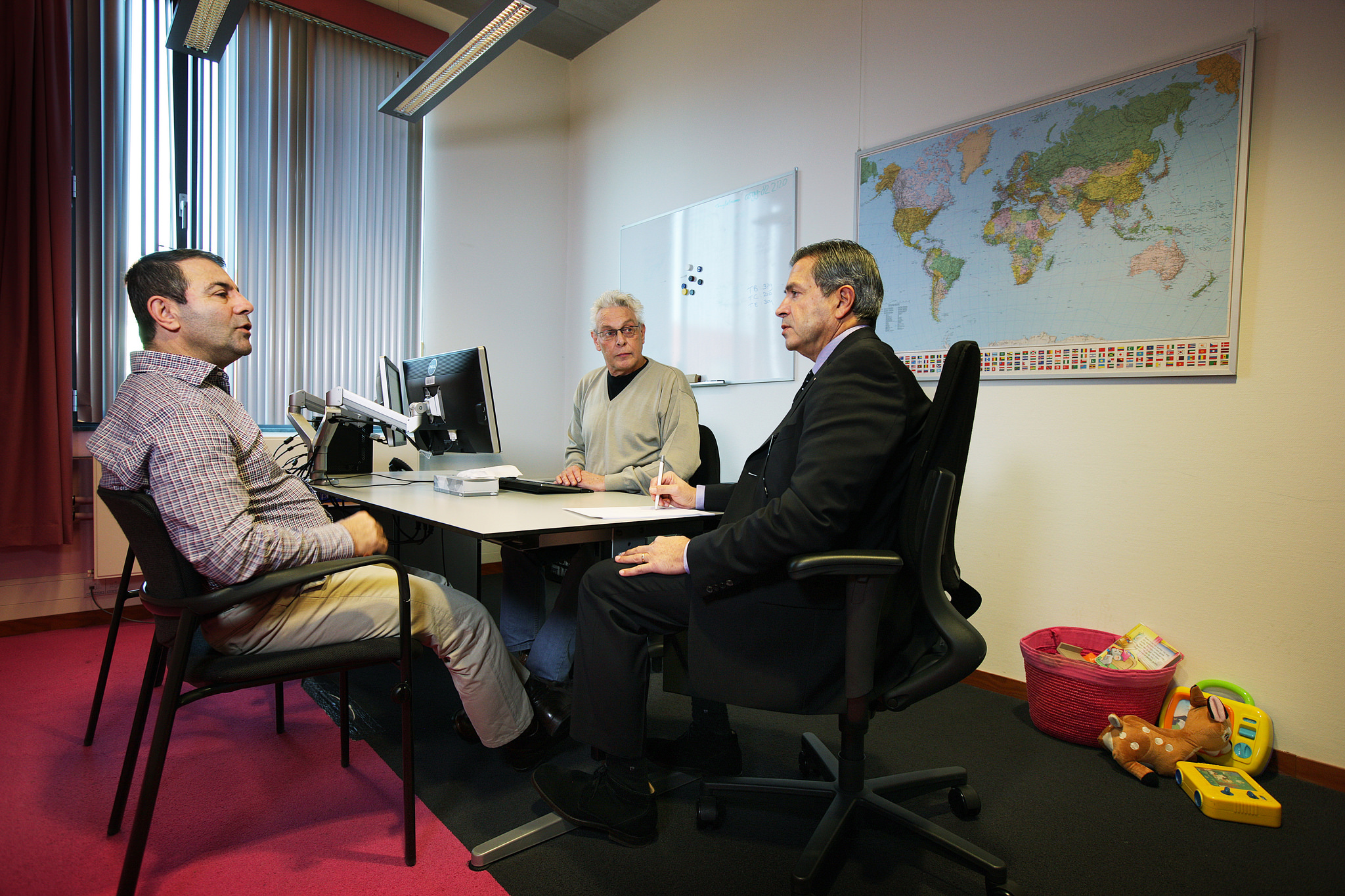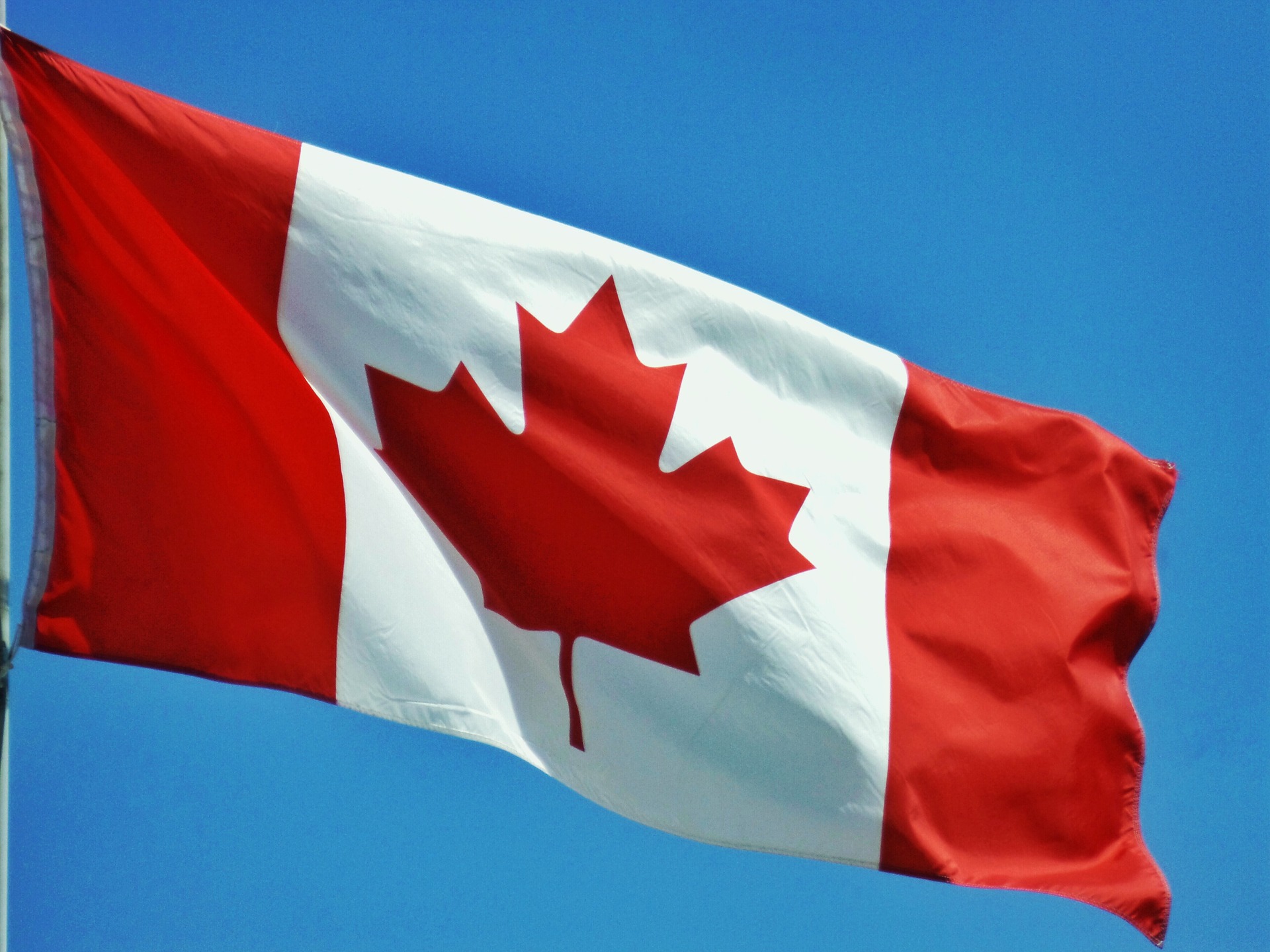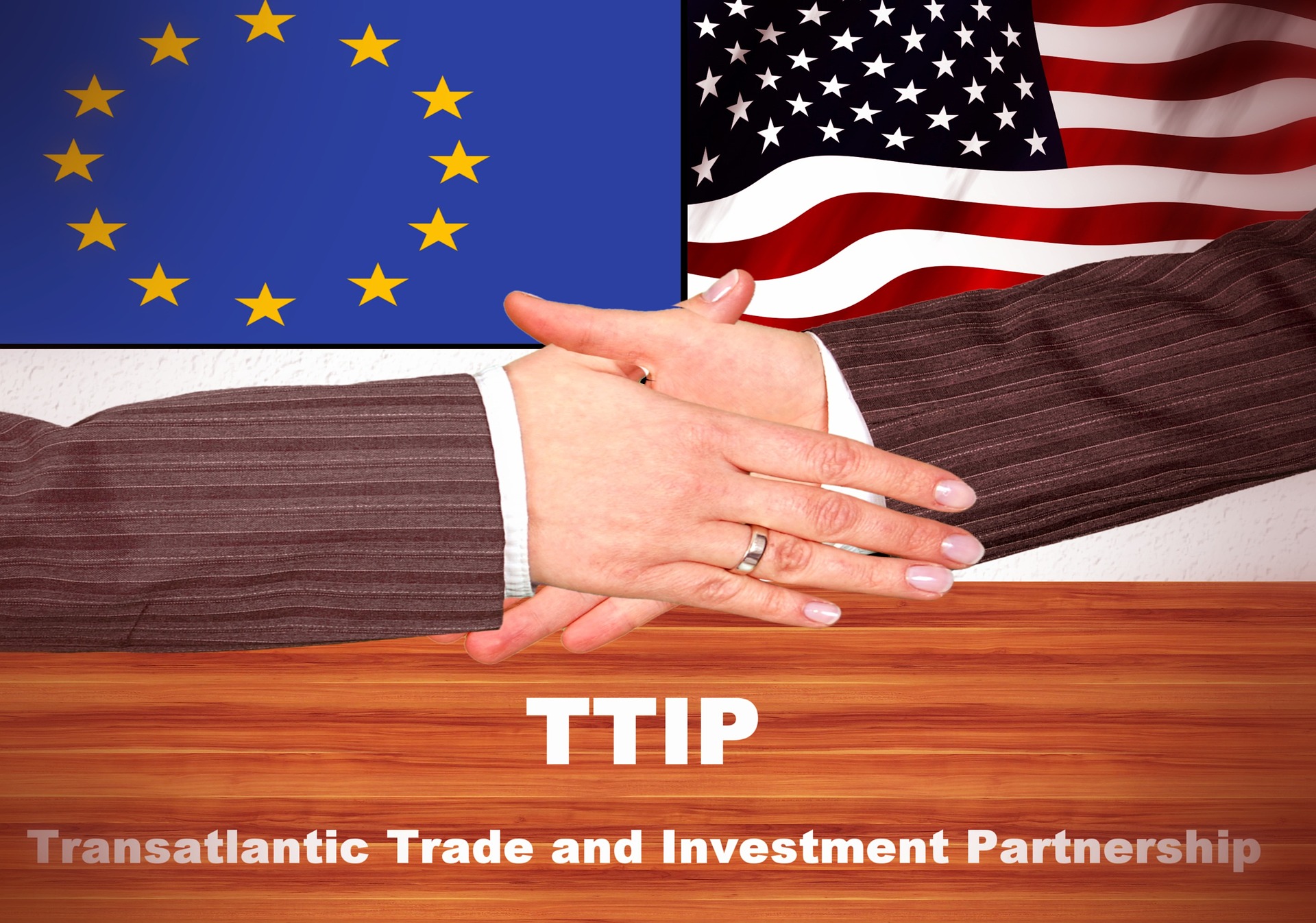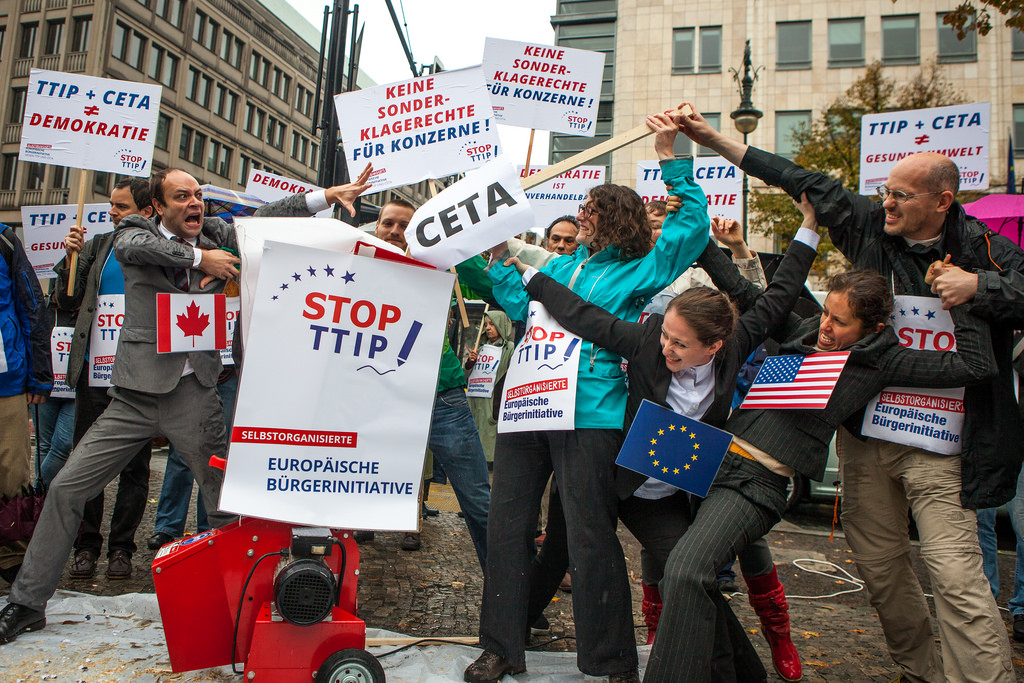Latest blog articles
-
In a reaction to an EJIL: Talk! post by Baetens et al., Arcuri et al. claim that the Dutch parliament has the right to reject CETA and also argue in favour of it doing so. The post by Arcuri et al. raises important points that merit further discussion, among legal academics and practitioners...
-
SMECC stands for School, Minimum standard, Education, Child-friendly policy and care-Continuum. Imagine SMECC as a flat drawing of a house. The regulatory backstop is the minimum standard in family litigation for competent parenthood – far on the horizon, however, a necessary fundament of human...
-
What once was their wealth, can become a burden. Museums in Europe (may) have to consider what to do with their cultural and historical treasures from former colonies. How happy or eager are these former colonies to retrieve their treasures?
-
The UN Security Council has moved to protect cultural heritage in armed conflicts. Will this initiative be a successful one?
-
Asylum seekers usually do not cross borders with a bag of documents. They have lost their personal belongings or have been confiscated by smugglers. Oral statements are therefore the only proof of origin. (Dutch only)
-
During the period of July to October 2016, the Comprehensive Economic and Trade Agreement with Canada was up for approval at the National States... This blog is only available in Dutch.
-
How should we describe last week's situation, when the Canadians headed home after the Walloons torpedoed CETA? ... This blog is only available in Dutch.
-
The CETA trade agreement between the EU and Canada is, according to the initial judgment by the Commission, a treaty that fits within the exclusive jurisdiction of the EU (trade!) and can be made by the EU after approval from the European Parliament and the Council of Ministers... This blog is only...
-
What works to make EU law work? Or, how can we ensure that EU law is implemented effectively in the member states? I have researched[1] this question by studying the usefulness of instruments that are meant to support national administrations in the application of EU law or that may otherwise be...







